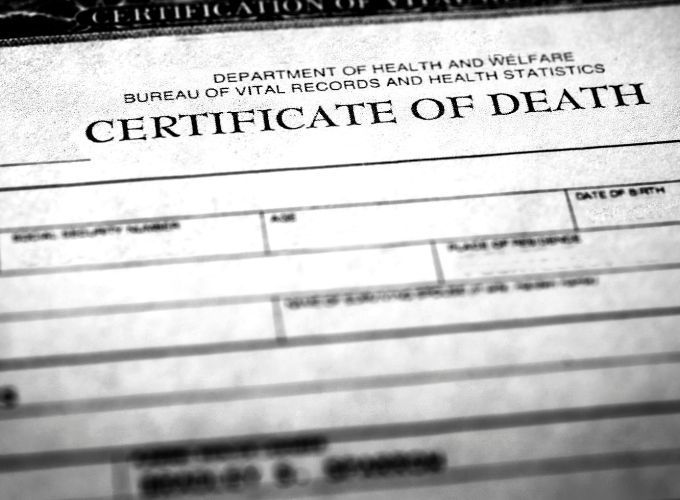Articles Of Interest
Helpful Tips On What To Write In A Sympathy Card
Struggling to find the right words when sending a sympathy card?

Struggling to find the right words when sending a sympathy card? Don’t worry, you’re not alone! Some of your author’s anxiety should be relieved knowing that there is no perfect condolence message and no exact words you should write.
A handwritten card is one of the most personal forms of communication. The simple act of sending a sympathy card is what matters most. Receiving a sympathy card is a tangible way for grieving families to understand how much the person they’ve lost was valued and loved by others.
Keep It Short And Use Your Own Words
There’s no rule about how long your message should be. So, you can keep your message short.
Remember, it’s OK to mention the person’s name and better to use the words die and died instead of euphemisms.
If everything you try to write feels wrong or awkward, try imagining what you would say to the person if they were standing in front of you. No matter how you say it, your words will be appreciated.
Avoid Comparing Your Experience
Don’t assume you understand how they feel. It is tempting to relate your own grief experiences or feelings with someone who is newly grieving. However, avoid making comparisons to their situation or focusing on your experiences. Keep in mind that everyone has a unique grief journey and what worked for you may not work for them.
Share Your Memories With Them
One of the greatest gifts that we can give families that have lost a loved one is sharing our memories and stories about them. Memories can also offer a little laughter in a sad time. Reading your story will help the family feel connected to their loved one and bring some comfort.
If You Offer To Help, Follow Up
Many people don’t feel comfortable asking for help. So, saying to them, “Let me know if you need anything,” is too vague and noncommittal. Offer to help only if you are actually willing to commit to it. Offer concrete things you can do, like cooking a meal, doing yardwork, providing childcare or taking a walk with them. The most important part is to follow through with your offer.
Another way of helping is to send the family messages of support in the weeks and months following the loss of their loved one. Immediately following a death, there is an abundance of attention. You can do this at a later time, when the grieving person may need extra support.
Some Things You Should Avoid Saying
There are a few phrases you should avoid writing in a sympathy card, including:
· “I know how you feel.”
· “She/he was so young.”
· “Everything happens for a reason.”
· “They’re in a better place now.”
· “It was his/her time.”
· “Things are going to get better.”
Include a Picture
If you have a special photo of the person who has died, include a copy in the sympathy card. It’s a way to provide the family with a new memory.
It’s Never Too Late
Whether it be two days, two months or two years, it’s never too late to send a sympathy message. Regardless of how much time has passed, the person is still gone, and the family still misses them.
While words written in a card can’t erase the pain of losing a loved one, they can help a grieving person feel loved and supported by their friends and community.











